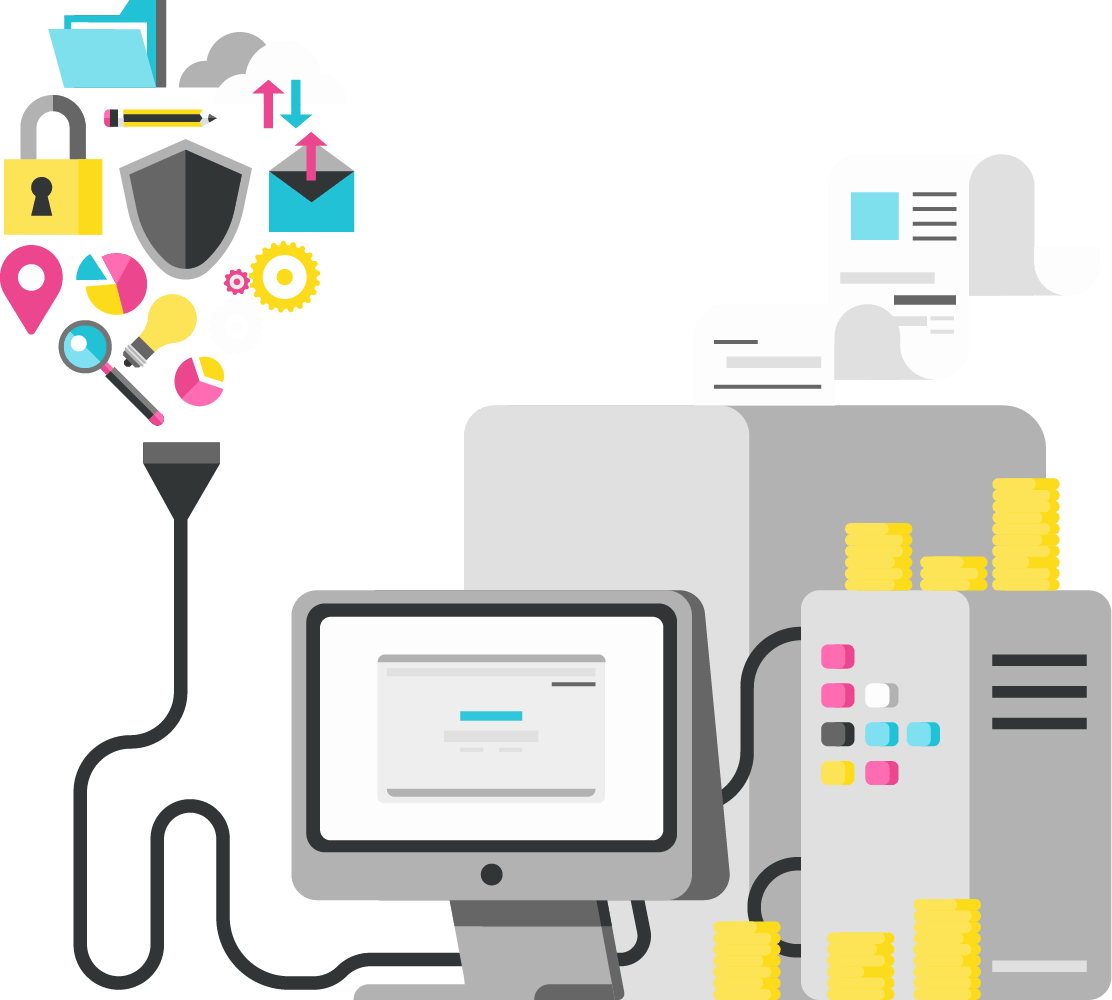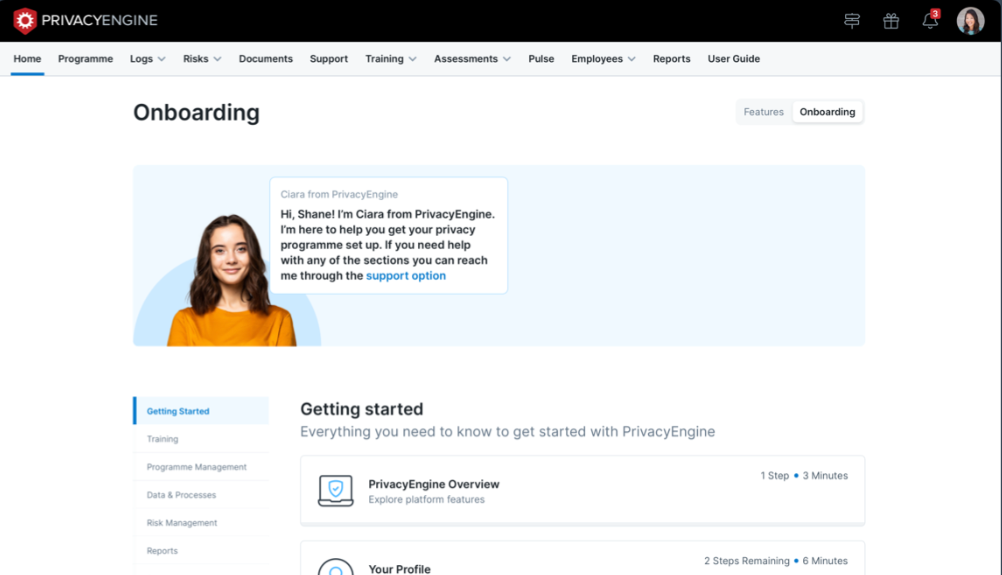On 24 June 2025, the National Cyber Security Centre (NCSC) of Ireland updated its dedicated page for the NIS2 Directive, revealing both progress and next steps in aligning national cybersecurity with the EU’s strengthened standards.
Why NIS2 Matters
NIS2, formally Directive (EU) 2022/2555, replaces the 2016 NIS Directive to create a higher, harmonised level of cybersecurity resilience across all EU Member States. It broadens the scope significantly, covering more sectors, deeper oversight, stricter reporting, and elevating accountability.
Current Status & National Transposition
Ireland missed the transposition deadline of 17 October 2024, but Cabinet action in July 2024 has accelerated legislative steps. The General Scheme of the National Cyber Security Bill was published in September 2024, and national authorities (e.g. NCSC, sectoral regulators) are being prepared for their supervisory roles.
Key updates include:
- Publication of Draft Risk Management Measures (RMM) and the CyFun framework.
- Updated FAQs (January 2025), clarifying scope, definitions, and process, ncsc.gov.ie.
Who Must Comply: Essential vs Important
Entities are classified as Essential or Important, depending on sector and size.
- Essential Entities (e.g. energy, ICT infrastructure, public admin) must follow ex‑ante supervision.
- Important Entities (e.g. waste, postal, digital services) face ex‑post audits.
A handy “Am I in Scope?” tool (coming soon on the NCSC site) will help organisations assess their status.
New Obligations: Risk Management & Incident Reporting
Under Article 21, in-scope organisations must implement robust risk-management programs covering:
- Risk assessments, incident handling, and business continuity
- Supply-chain security, secure development and maintenance
- Technical controls: encryption, MFA, asset and human-access policies
- Management-level accountability and cyber hygiene training
Incident notification deadlines are more stringent: initial and intermediate reports, and final reports, ensuring timely and transparent incident escalation
Supervision & Enforcement With Teeth
- Essential entities will face proactive oversight: onsite/offsite audits, scans, audits, binding instructions, and monitoring officers.
- Important entities have reactive oversight with targeted audits and enforcement.
New enforcement powers include fines up to €10 million or 2% of global turnover for essential entities, and €7 million or 1.4% for important ones. Directors can face personal liability, bans, and suspension of certifications or licences.
Supporting Infrastructure
The NCSC & DECC are preparing:
- Registration and incident-reporting portals (once legislation is enacted).
- A National Cyber Emergency Plan, sectoral information-sharing (Cyber-CORE), and fast‑track CSIRT capacity.
- ‘Irish Cyber Security Measures Certification’ schemes to help, especially SMEs, meet requirements.
Ireland adopts EU-wide implementing regulations for digitally critical sectors; others fall under national supplements abiding by Article 21 minimums.
Strategic Takeaways
- Boards matter: Senior management must oversee, approve, and be competent in cybersecurity strategies—failure has personal consequences ncsc.gov.ie.
- Whole-of-business approach: From tech to people to supply chains, NIS2 obliges comprehensive risk governance.
- Tiered compliance: Understand whether you’re an Essential or Important entity; compliance obligations differ.
- SMEs should prepare: Even if not in scope, they may face pressure in the supply chain or benefit from using the NCSC’s upcoming certification/CyFun frameworks.
Conclusion
Ireland is advancing steadily to align with NIS2, but much still depends on the National Cyber Security Bill finalisation, which will trigger registration portals and active enforcement. Key questions for business leaders:
- Are you an in-scope entity? Use the “Am I in scope?” tool and consult legal advice.
- Is the board primed and trained for systemic cyber oversight?
- Do your incident reporting and business continuity plans meet the new standard?
- Are supply chain and third-party cyber risks under governance?
NIS2 represents a tipping point, shifting cybersecurity from technical compliance to board-level accountability and strategic business risk. Those who use this transitional period wisely will gain a competitive edge in resilience and trust.
How PrivacyEngine Can Help
As the complexities of NIS2 grow, having a trusted partner to navigate the evolving cybersecurity and data governance landscape becomes not just beneficial but essential. PrivacyEngine is uniquely positioned to support organisations on their journey to NIS2 compliance and long-term cyber resilience.
1. Comprehensive Compliance Support
PrivacyEngine’s platform offers a centralised hub for managing compliance with NIS2’s requirements, including risk assessments, incident response, and documentation. Our intuitive dashboard enables you to:
- Map and monitor risk management controls in line with Article 21.
- Assign and track board-level responsibilities, helping directors and senior managers demonstrate due diligence.
- Document and update policies, procedures, and incident reports to satisfy NCSC audit requirements.
2. Automated Reporting and Notifications
With NIS2’s tighter timelines for incident reporting, automation is critical. PrivacyEngine provides:
- Incident logging with customisable workflows.
- Automated notifications for key personnel and stakeholders.
- Detailed audit trails that simplify supervisory reviews and demonstrate proactive management.
3. Supply Chain and Third-Party Management
NIS2’s emphasis on supply-chain security means organisations must vet and monitor partners more closely than ever. PrivacyEngine:
- Supports third-party risk management with tailored assessment modules.
- Offers vendor risk scoring and ongoing due diligence tracking.
- Provides evidence logs for NCSC and sectoral regulator reviews.
4. Training and Culture Transformation
People are your greatest asset and sometimes your weakest link. PrivacyEngine includes:
- Interactive training modules tailored to board members, staff, and technical teams.
- Awareness programs to foster a culture of cyber hygiene.
- Tracking of training completion for compliance evidence.
5. Continuous Monitoring and Readiness
PrivacyEngine is built for ongoing compliance, not just box-ticking. With real-time monitoring, automated reminders for reviews, and integrated gap analysis, your organisation remains prepared for both ex-ante and ex-post audits.
NIS2 Compliance Checklist 2025 Update
Download a free, actionable NIS2 Compliance Checklist for Irish organisations. Easily assess your readiness and manage compliance tasks with PrivacyEngine.



